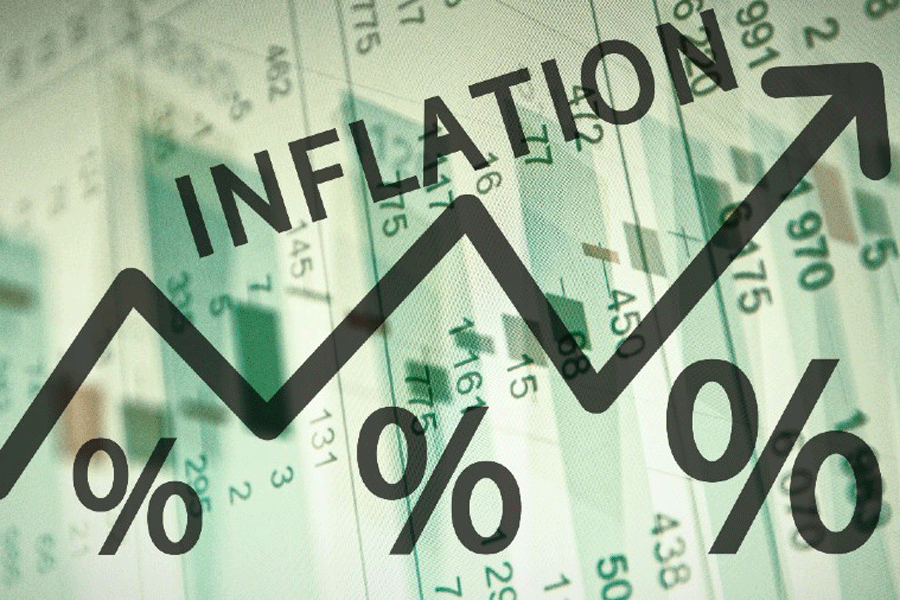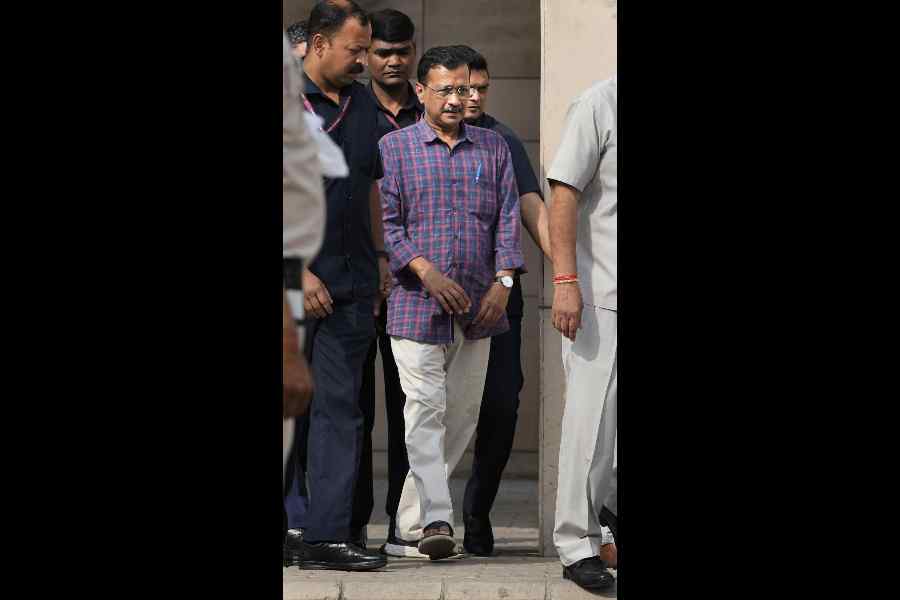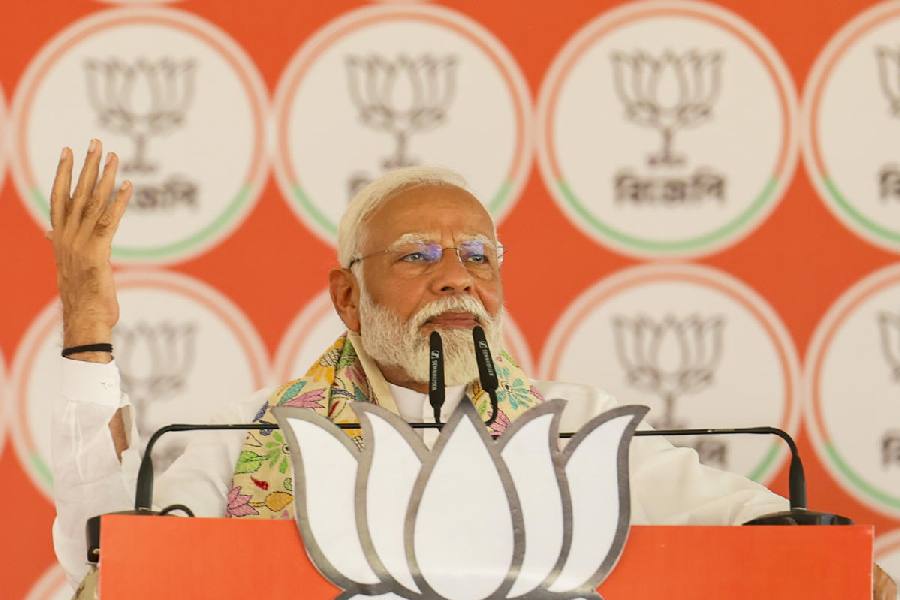Retail inflation eased to a three-month low of 5.10 per cent in January from 5.69 per cent in the previous month because of a low base and a slow food price increase.
Economists said the central bank is expected to wait before cutting rates as inflation remains above its target rate.
According to data released by the National Statistical Office (NSO), retail inflation in the food basket was at 8.3 per cent in January 2024, down from 9.53 per cent in the preceding month.
Core inflation — which excludes the food and fuel components — fell to 3.6 per cent in January from 3.9 per cent in December last year, the lowest since November 2019.
The Reserve Bank of India has been tasked by the government to ensure retail inflation remains at 4 per cent with a margin of 2 per cent on either side.
“Consumer price index-based inflation or retail inflation came in slightly softer than expectations led by a moderation in food prices but core inflation softened in line with expectations,” Upasna Bhardwaj, chief economist, Kotak Mahindra Bank, said.
“We see some uptick in high-frequency mandi vegetable prices but moderation in cereal prices.
“The supply-side intervention should continue to provide respite in the food prices.
“However, uncertainties in food inflation outlook should keep RBI cautious in the near term, with much of action by the RBI expected on the liquidity front,” she said.
“This level of inflation has probably already been factored by the RBI in terms of policy response and hence would in a way vindicate the stance taken by the central bank that inflation is still a concern though core inflation has been moderating,” Madan Sabnavis, chief economist, Bank of Baroda said.
Industry show
Industrial production growth slowed to 3.8 per cent in December, mainly due to the poor performance of mining and power generation segments, according to official data released on Monday.
The manufacturing sector’s growth accelerated to 3.9 per cent in December against 3.6 per cent a year ago.
However, power generation growth slowed to 1.2 per cent from 10.4 per cent, while mining output growth declined to 5.1 per cent from 10.1 per cent in the same period a year ago.
Growth in capital goods decelerated to 3.2 per cent compared with 7.8 per cent a year ago. Consumer durables output expanded 4.8 per cent in December.










